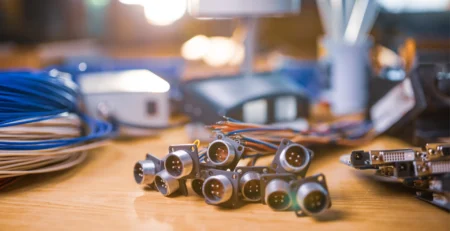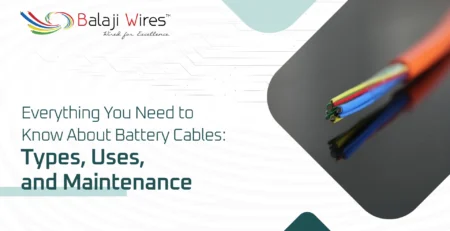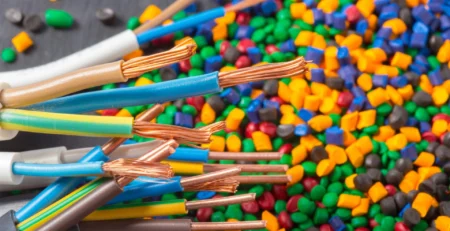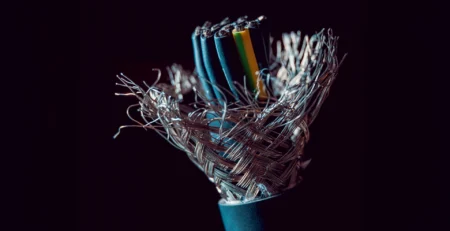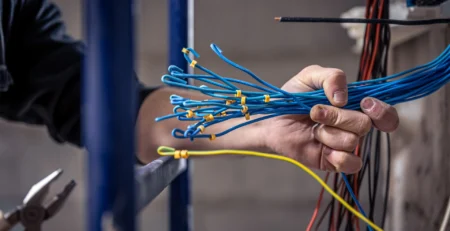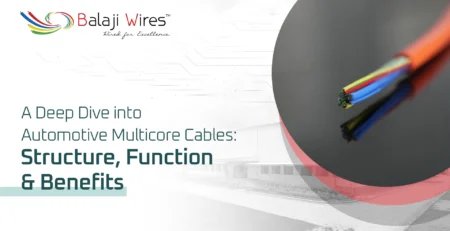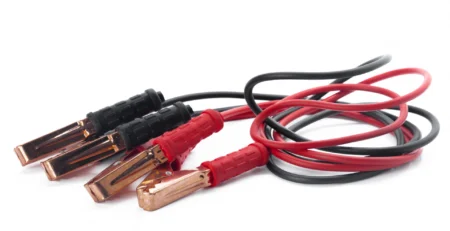Conductor Solutions Explained: Types, Benefits, and Applications

In today’s fast-paced world, every industry—from automotive to telecommunications—relies on the backbone of conductor solutions to keep everything running smoothly. Whether you are developing an electric vehicle or setting up a new factory, the cables and wires that power your systems are critical.
Selecting the appropriate conductivity material isn’t always easy, though. How can you choose the best option for your project when there are so many to choose from? The choice has the power to make or break your setup’s lifespan and effectiveness.
Let’s examine the fundamentals of wire solutions and how they might address a number of the issues that your industry faces. We will break down the various types of conductor materials, their benefits, and how they are used in real-world applications to keep things up and running—without a hitch.
What Are Conductor Solutions?
Materials called conductor solutions are used to effectively move electrical current from one location to another. They are required in many systems, such as the intricate car wiring and the electrical grid. Reliable power distribution, increased safety, and reduced energy loss are the goals of these cable solutions.
There are several types of conductor materials, and each serves a specific purpose based on its properties. The two most often used metals are copper and aluminum, although alloys and specialty coatings are becoming more and more well-liked because of their additional advantages. Businesses can make well-informed decisions that optimize the functionality and lifetime of their systems by being aware of these possibilities.
But how do these materials stack up in terms of performance? Let us take a look at the different types of conductor solutions to find out.
Types of Conductor Solutions and Their Benefits.
- Copper Conductors
The gold standard for conductor solutions has long been copper. Because of its high conductivity, less energy is lost and electricity may flow easily. Because of this, copper is the perfect material for sectors where productivity is crucial. Copper is ideal for a range of applications due to its flexibility, corrosion resistance, and durability, which go beyond its electrical conductivity.
- Benefits:- Excellent conductivity, resistance to corrosion, high flexibility, and long-lasting durability.
- Applications:- Power transmission lines, automotive wiring, telecom cables, and more.
- Aluminum Conductors
While copper is the preferred choice for many, aluminium conductors are a cost-effective alternative. Aluminium is lighter and more affordable, which makes it an excellent choice for large-scale projects that require many miles of wiring. However, it is less conductive than copper, which is why it is often used in specific applications where weight and cost are more important than sheer efficiency.
- Benefits:- Lightweight, cost-effective, ideal for large-scale applications.
- Applications:- Power distribution, electrical grids, and some industrial machinery.
- Alloyed Conductors
Specialty alloys and copper-aluminum blends are examples of alloyed conductors. The purpose of these materials is to strengthen the areas where their parent metals are lacking. An alloy can improve fatigue resistance, strength, or flexibility, making it perfect for uses where resilience and performance are essential.
- Benefits:- Increased durability, resistance to fatigue, and optimized performance for heavy-duty applications.
- Applications:- Automotive wiring, aerospace, and high-stress industrial environments.
These wire solutions each have a place in the market, and choosing the right one depends on your specific needs. Now that we have covered the types of conductors, it is time to see how they apply in the real world.
Applications of Conductor Solutions
- Automotive Industry
In the automotive sector, conductor solutions are vital for powering everything from the ignition system to safety features like airbags. The cables used in vehicles need to withstand extreme conditions—high temperatures, constant vibrations, and exposure to automotive fluids. Copper and aluminium cables are often used for engine wiring, but specialized wire solutions are needed for components like battery cables and electric vehicle (EV) systems.
- Applications: Under-hood wiring, battery cables, EV wiring, and sensor connections.
- Industrial Sector
Robust conductor solutions are essential to the efficient operation of manufacturing and telecommunications industries. Conductors need to be resistant to high temperatures, persistent wear, and exposure to harsh chemicals. The proper wire solutions help machines run efficiently and without unnecessary downtime.
- Applications:- Industrial machines, control systems, robotics, and communication networks.
- Renewable Energy and Electric Vehicles
With the rise of renewable energy sources like solar power and the rapid development of electric vehicles (EVs), conductor solutions are more critical than ever. Specialized cables that can manage the particular difficulties of high current and environmental conditions are needed by these industries. Whether it is wiring for solar panel systems or EV battery management, choosing the right conductor can significantly impact the performance and lifespan of these technologies.
- Applications: Solar power wiring, EV battery systems, electric charging infrastructure.
By understanding the specific needs of these industries, we can see how versatile conductor solutions truly are. But which one should you choose for your application? Let us dive into the factors to consider when making that decision.
How to Choose the Right Conductor for Your Application.
It is crucial to take into account a number of important aspects when choosing wire solutions, as these might have a direct effect on how well your project performs:
- Conductivity and Efficiency
A more conductive material loses less energy during transmission. In many cases, copper is the material of choice for high-efficiency systems. Whereas, aluminum can be a less expensive option if the loss is not a significant concern.
- Environmental Conditions
The choice of material is greatly influenced by the environment in which the conductor will function. The longevity of the wiring can be shortened by exposure to chemicals, dampness, and extremely high or low temperatures. Make sure the material you choose can withstand the particular conditions your project will encounter.
- Durability and Flexibility
If your system involves constant movement, vibration, or high-stress environments, a conductor that is resistant to wear and tear is crucial. In these cases, alloyed conductors or tinned copper may be the best fit.
Once you have considered these factors, it is time to select the conductor solution that best meets your needs. Each project is unique, and understanding the performance characteristics of different wire materials can help guide your decision.
Long-Term Benefits of Choosing the Right Conductor Solutions
Making the correct conductor solution choice is important for long-term success in addition to short-term requirements. Throughout the system’s life, high-quality wires and cables guarantee safety, increase efficiency, and lower maintenance costs.
- Lower Upkeep Expenses
Dependable conductors reduce the possibility of electrical malfunctions, which can be expensive to fix. Superior conductors guarantee fewer interruptions whether you are working on a car or a power line.
- Enhanced Security
Dangerous circumstances might arise from defective wiring. The risk of short circuits, fires, and other safety issues is decreased by using high-quality wire solutions.
- Cost-Effectiveness
High-performance conductors may cost more up front, but they will save you money over time because they require fewer replacements and repairs due to their long-lasting durability.
You are laying the groundwork for a more seamless and effective future by investing in the appropriate conductor solutions, in addition to guaranteeing the success of your ongoing project.
Summing Up!
Choosing the right conductor solutions is not about picking a wire material—it is about making a wise investment in your project’s long-term success.
Whether you are powering an electric vehicle or setting up a solar power grid, the right conductor can improve efficiency, reduce costs, and enhance safety. Therefore, have these observations in mind the next time you are selecting wire solutions and choose a solution that will meet your demands for many years to come.
Are you prepared to locate the ideal conductor for your undertaking? Get in touch and let’s begin right now!

